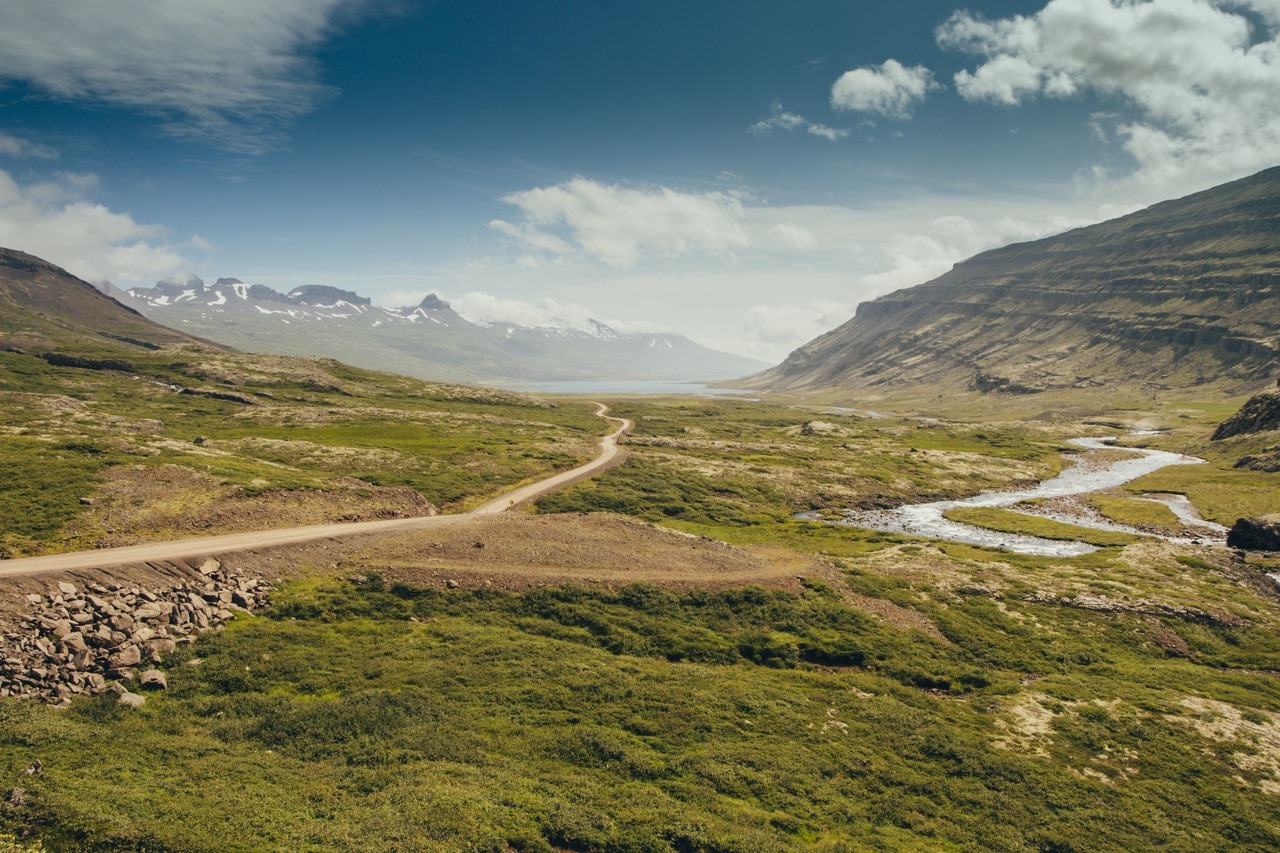Travelling to unfamiliar regions is an intriguing and one-of-a-kind experience to witness nature in its purest form. However, venturing into unknown places has its share of challenges and risks. Due to the remote nature of these areas, travellers and adventurers must be well-versed in survival first aid in an emergency. Individuals may successfully travel to isolated locations and guarantee their health and security by learning essential first-aid procedures and planning for unanticipated scenarios. Here we’ll go over some basic first aid techniques for use in the wilderness, so you can set off on an incredible trip knowing you’re ready for anything.
Put Preparation First
The secret to a risk-free expedition into unfamiliar territory is careful planning. Learn as much as possible about the region’s history, topography, and climate. Tell a close friend or family member where you will go and when you anticipate returning. Ensure you have a full first aid package and lots of water, food, navigational aids, and communication gadgets. If you live in Canberra and want to learn about first aid in a remote or isolated location to eliminate potential hazards, you should look into First Aid Course Canberra.
Learn the Basics of First Aid
Before heading out into the wilderness, enrolling in a first aid course is important. Master the fundamentals of caring for patients outdoors by studying techniques like cardiopulmonary resuscitation (CPR), wound treatment, and fracture management. Gaining experience in emergencies is the best way to gain competence in responding to them. If you live in Tasmania and want to study CPR, wound care, or fracture management, don’t hesitate to contact First Aid Course Tasmania.
Check the Map and the Dangers
You should stop and look about when you get to a far-flung location. Find potential dangers, such as high drops, unstable ground, poisonous plants, or wild animals. Explore cautiously, staying on established paths whenever possible and avoiding danger.
Create a Practical First Aid Kit
Put together a comprehensive first aid pack that accounts for the hazards encountered in wilderness settings. Bandages, sterile wipes, medical tape, pain remedies, tweezers, bug repellants, a blanket, signalling devices, and any personal drugs you take regularly should all be in your emergency pack. Learn how to use everything and check its condition properly.
Safeguarding against Severe Climate
Sudden weather shifts are a real possibility in more isolated regions. Pack clothes that can withstand a range of temperatures, as well as rain and wind, in case your plans change. Dress with layers to readily adjust to the day’s fluctuating temperatures.
Stay Well Nourished and Hydrated
To stay alive in the wilderness, you must ensure you get enough to eat and drink. Bring enough water with you to last the duration of your trip. Find safe water sources along your planned itinerary. Bring enough high-energy snacks and food supplies to keep you going throughout strenuous activities, and ration them out so they last the whole trip.
Fire Safety and Building Shelter
The ability to construct a haven is a must-have survival skill, especially in times of severe weather. Learn how to construct several types of shelters from the materials at hand. Knowing how to build a fire safely and use it wisely can also be a source of heat, light, and a distress signal.
Sending up an SOS Signal
Always be prepared for an emergency by packing signalling devices like whistles, signal mirrors, and highly visible clothing. Master the universal signals for distress, such as three brief blasts on a whistle or a repetitive arms wave.
Navigation and Communication
Make sure your phone or satellite communicator is fully charged before you leave. Keep it safe and save the battery for when you need it. In addition, a map and compass, or a global positioning system (GPS), should always be included while venturing into uncharted territory.
Be Calm and Take Stock of the Circumstances
Maintaining composure and thoroughly assessing the situation before taking any action is crucial in any survival circumstance. Anxiety can cloud one’s thinking and make it harder to find solutions to problems. Make a list of your top priorities and work on those things right away.
Conclusion
The unadulterated splendour of nature can best be appreciated when exploring uncharted territories. However, to have a secure and pleasant trip, it is crucial to be ready for the unexpected. Survival first aid advice is essential since it equips people to deal with emergencies and difficult situations.
Adventurers can comfortably explore uncharted territories if they emphasise preparation, take first aid classes, assemble a complete first aid kit, and adhere to basic safety protocols. Know your surroundings, bring the appropriate gear, and have a healthy dose of reverence for the natural beauties of nature if you want to explore the outdoors responsibly. You can now set off on a spectacular journey into uncharted places, secure with the knowledge that you are well-equipped to handle any medical emergencies that may arise.
